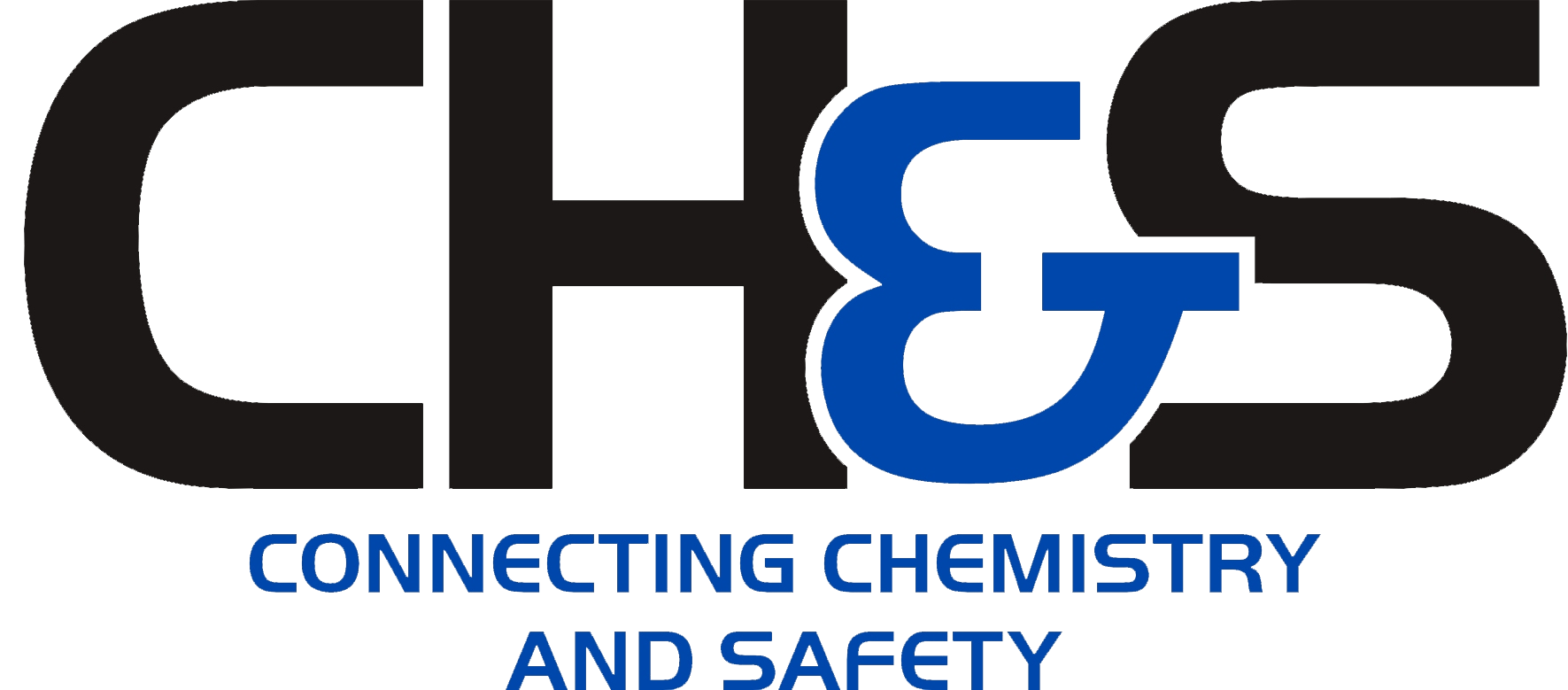During the 2020-21 academic year, an average of between 15 and 20 people gathered to review and discuss academic papers relevant to lab safety in academia.
During the fall, we followed the traditional model of a presenter who led the discussion after the group was encouraged to read the paper. In the spring, we began a two-step process: first a table read where the group silently collaboratively commented on an abbreviated version of the paper in a shared google document one week and then had an oral discussion the second week. The second approach enabled much more engagement by the group as a whole.
The spring papers we discussed were primarily focused on graduate student led Lab Safety Teams and included (in reverse chronological order):
- Engaging Senior Management To Improve The Safety Culture
- Constructing Consequences For Non-Compliance
- The Joint Safety Team at the University Of Minnesota, Twin Cities: A Model for Student-Led Safety
- Anaphylaxis Induced By Peptide Coupling Agents
- Student-Led Climate Assessment Promotes A Healthier Graduate School Environment
- Lessons Learned From The Creation And Development Of A Researcher-Led Safety Organization At The University Of Chicago
- Starting And Sustaining A Laboratory Safety Team (LST): A Chas Discussion
The fall papers were focused primarily on the idea of safety culture and included (in reverse chronological order):
- Exploring Definitions of Safety Culture
- Dreaming Big & Learning Well
- Improving Safety Culture Through the Health and Safety Organization: A Case Study
- Compassion Fatigue
- Catching Them at It: An Ethnography of Rule Violation
- Scut Work and Safety Roles in the Lab
- A Manifesto for Reality-Based Safety Science
We will pick up the Journal Club again in the fall of 2021.
We are interested in looking at the psychology of safety with 2 things in mind:
- (1) papers with well-done empirical studies, and
- (2) studies that investigate an issue that is present in academia.
It is likely that papers that are investigating the psychology of safety have focused primarily on industry (construction, airplanes, etc), so it will be important to identify the specific phenomenon they are investigating and be prepared to translate it to academia. Questions about the CHAS Journal Club can be directed to membership@dchas.org

